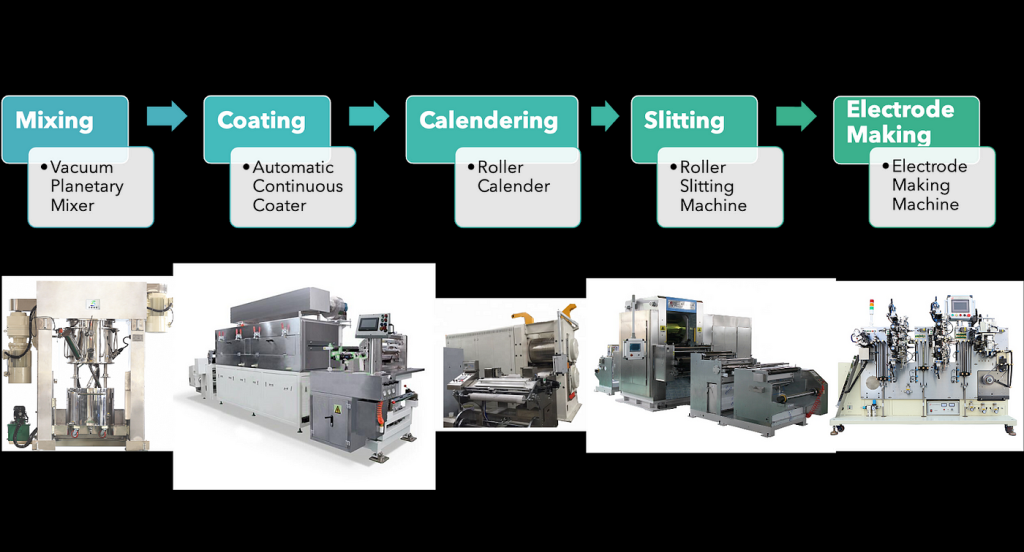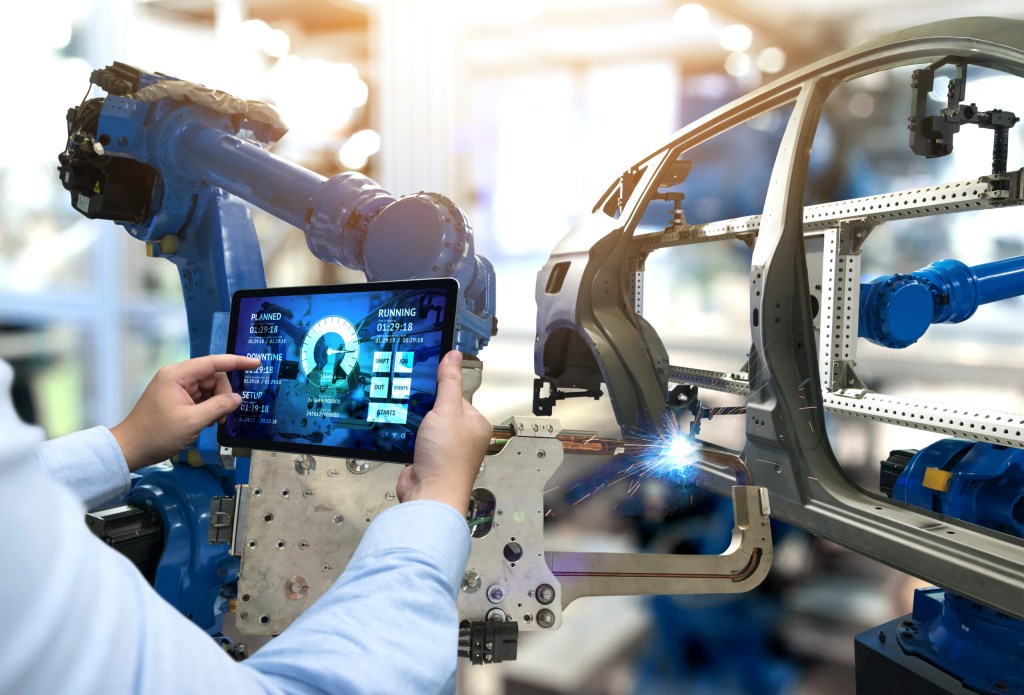Revolutionizing The Future: Unleashing The Power Of Electric Vehicle Manufacturing Technology
Electric Vehicle Manufacturing Technology: Revolutionizing the Future of Transportation
Introduction: As an avid writer and reviewer, I have always been fascinated by the advancements in technology and how they shape our everyday lives. One field that has been a game-changer in recent years is electric vehicle manufacturing technology. With the rising concerns about climate change and the need for sustainable transportation options, electric vehicles (EVs) have emerged as a viable alternative to traditional combustion engine vehicles. In this article, I will delve into the world of electric vehicle manufacturing technology, exploring its history, benefits, challenges, and the future it holds for the automotive industry.
What is Electric Vehicle Manufacturing Technology?
Electric vehicle manufacturing technology refers to the processes and techniques involved in the production of electric vehicles, including the design, development, and assembly of various components. This technology encompasses everything from the creation of efficient electric motors and batteries to the integration of advanced software systems for optimal performance.
3 Picture Gallery: Revolutionizing The Future: Unleashing The Power Of Electric Vehicle Manufacturing Technology



Who is Involved in Electric Vehicle Manufacturing Technology?
Electric vehicle manufacturing technology involves the collaboration of various stakeholders such as automotive companies, research institutions, engineers, designers, and suppliers. Companies like Tesla, Nissan, and Chevrolet are leading the way in electric vehicle production, investing heavily in research and development to bring innovative electric vehicles to the market.
When and Where Did Electric Vehicle Manufacturing Technology Begin?

Image Source: wired.co.uk
The concept of electric vehicles dates back to the early 19th century, with the invention of the first electric carriage by Robert Anderson. However, it wasn’t until the late 20th century that electric vehicle manufacturing technology gained momentum. The advancement of battery technology, coupled with the growing concerns about environmental pollution, paved the way for the mass production of electric vehicles. Today, electric vehicle manufacturing technology is prevalent worldwide, with major manufacturing hubs in countries like the United States, China, and Germany.
Why is Electric Vehicle Manufacturing Technology Important?
Electric vehicle manufacturing technology plays a crucial role in addressing the environmental challenges associated with traditional combustion engine vehicles. By shifting to electric vehicles, we can significantly reduce greenhouse gas emissions, dependence on fossil fuels, and noise pollution. Furthermore, electric vehicle manufacturing technology promotes the development of cleaner and more sustainable transportation options, contributing to a greener future for generations to come.
How does Electric Vehicle Manufacturing Technology Work?
Electric vehicle manufacturing technology involves several key components that work together to power an electric vehicle. The heart of an electric vehicle is its battery pack, which stores the electrical energy required for propulsion. The electric motor converts the stored energy into mechanical energy, enabling the vehicle to move. Advanced software systems and control units manage the energy flow and optimize the performance of the vehicle. Additionally, charging infrastructure and renewable energy sources are integral to the successful implementation of electric vehicle manufacturing technology.
FAQs about Electric Vehicle Manufacturing Technology:

Image Source: medium.com
1. Are electric vehicles more expensive than traditional vehicles?
While the initial cost of electric vehicles may be higher than traditional vehicles, they offer long-term savings in terms of fuel costs and maintenance. Additionally, government incentives and subsidies are increasingly available to promote the adoption of electric vehicles.
2. How far can electric vehicles travel on a single charge?

Image Source: robodk.com
The range of electric vehicles varies depending on factors such as battery capacity, vehicle efficiency, driving conditions, and temperature. Modern electric vehicles can typically travel between 100-300 miles on a single charge.
3. How long does it take to charge an electric vehicle?
Charging time depends on the charging infrastructure and the battery capacity of the vehicle. Level 1 charging, which uses a standard household outlet, can take several hours to fully charge an electric vehicle. Level 2 chargers, commonly found in public charging stations and homes, can charge an electric vehicle in a matter of hours. DC fast charging stations can provide a significant charge in just 30 minutes.
The Future of Electric Vehicle Manufacturing Technology:
The future of electric vehicle manufacturing technology looks promising. With ongoing advancements in battery technology, we can expect longer ranges, faster charging times, and improved overall performance of electric vehicles. Additionally, the development of autonomous driving technology and the integration of renewable energy sources into charging infrastructure will further revolutionize the way we travel. As more countries and governments commit to reducing carbon emissions, electric vehicle manufacturing technology will play a pivotal role in achieving a sustainable and greener future.
Conclusion: Embracing the Electric Vehicle Revolution
In conclusion, electric vehicle manufacturing technology has emerged as a significant disruptor in the automotive industry. Its potential to reduce carbon emissions, promote sustainable transportation, and revolutionize the way we travel is undeniable. While challenges such as infrastructure development and consumer adoption remain, the future of electric vehicles looks brighter than ever. As a passionate advocate for a greener future, I highly recommend embracing electric vehicle technology and contributing to the global effort to combat climate change. Together, we can drive towards a cleaner, more sustainable future.
This post topic: Electric Car Technology
